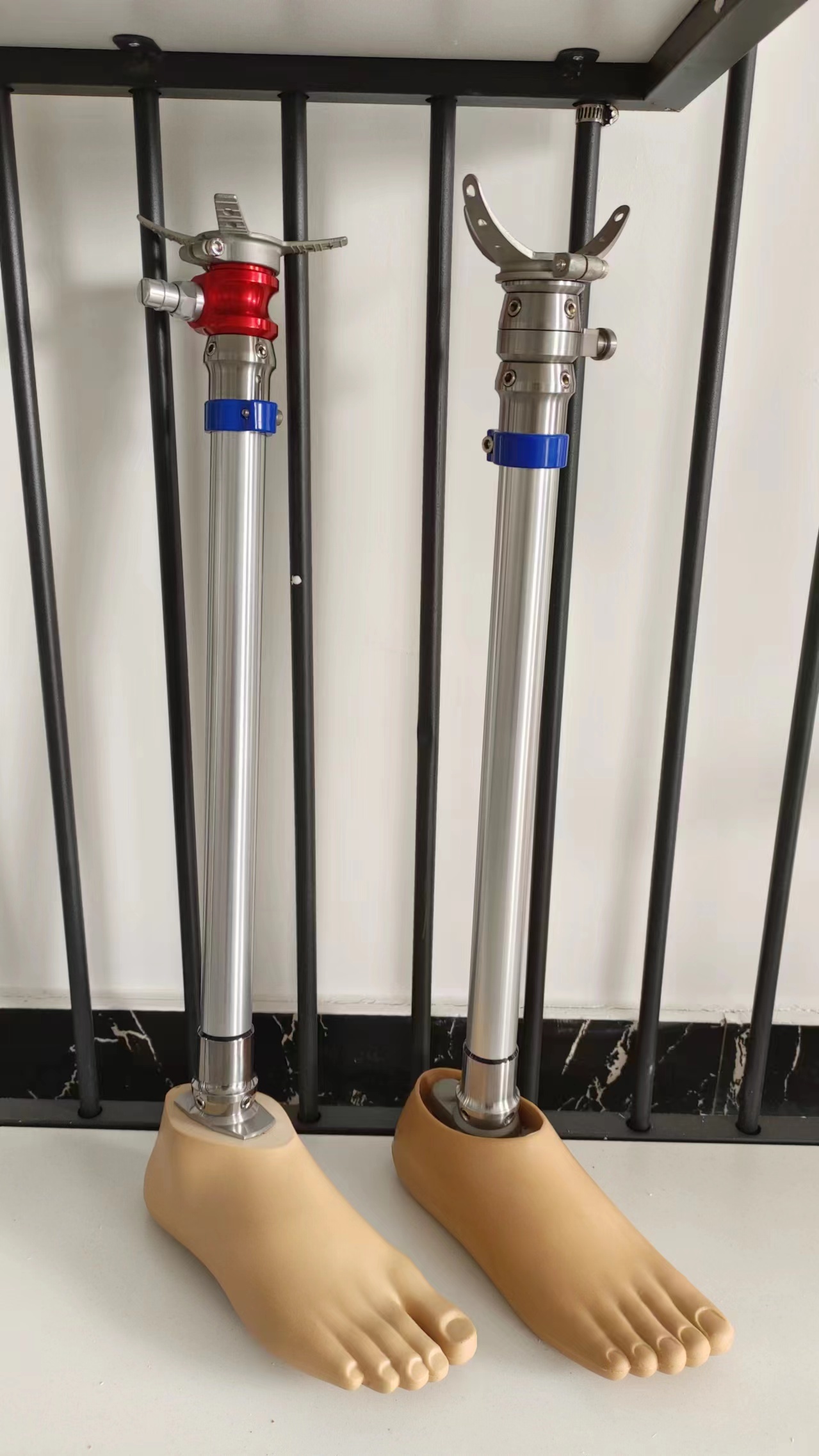Understanding the Benefits of Medical Prosthetic Implants for Patients
Release Time:
Apr 25,2025
Understanding the Benefits of Medical Prosthetic Implants for Patients Table of Contents Introduction to Medical Prosthetic Implants What Are Medical Prosthetic Implants? Types of Medical Prosthetic Implants Lower Limb Prosthetic Implants Upper Limb Prosthetic Implants Facial Prosthetic Implants The Benefits of Medical Prosthetic Implants Improved Mo
Understanding the Benefits of Medical Prosthetic Implants for Patients
Table of Contents
- Introduction to Medical Prosthetic Implants
- What Are Medical Prosthetic Implants?
- Types of Medical Prosthetic Implants
- The Benefits of Medical Prosthetic Implants
- Advancements in Prosthetic Technology
- Choosing the Right Medical Prosthetic Implant
- Common Questions About Medical Prosthetic Implants
- Conclusion
Introduction to Medical Prosthetic Implants
The landscape of medical technology has drastically evolved over the past few decades, and among its most remarkable advancements is the development of **medical prosthetic implants**. These innovative devices not only replace lost body parts but also restore the functionality and aesthetic appearance of patients who have suffered from trauma, illness, or congenital disabilities. Understanding the benefits of these implants is essential for patients considering this life-changing option.
What Are Medical Prosthetic Implants?
Medical prosthetic implants are artificial devices designed to replace a missing body part. They can be as simple as a limb replacement or as complex as facial reconstructions. These implants are typically made from durable materials such as titanium, silicone, or carbon fiber, which provide strength and flexibility. Depending on the type, prosthetic implants can be either **intravenous (implanted within the body)** or **extravenous (attached externally)**.
Types of Medical Prosthetic Implants
Prosthetic implants are categorized based on the body parts they replace. Below are the primary types:
Lower Limb Prosthetic Implants
Lower limb prosthetics are used to replace parts of the leg, including above-knee (AK) and below-knee (BK) prostheses. These devices are equipped with advanced technology, such as microprocessors that adapt to different terrains and walking speeds.
Upper Limb Prosthetic Implants
Upper limb prosthetics are designed to replace hands, arms, or any part of the upper limb. These implants often include robotic components that allow for improved dexterity and control, making it easier for the user to perform daily tasks.
Facial Prosthetic Implants
Facial prosthetics are used to reconstruct facial features lost due to accidents or surgical removal of tumors. These implants are custom-made to ensure a natural appearance and typically utilize skin-safe materials for comfort and aesthetics.
The Benefits of Medical Prosthetic Implants
Medical prosthetic implants offer numerous advantages that extend beyond physical appearance. From enhanced mobility to psychological benefits, these implants provide a comprehensive improvement in patients' lives.
Improved Mobility and Functionality
One of the most significant benefits of medical prosthetic implants is the restoration of mobility. Patients can regain the ability to walk, run, and engage in various physical activities, which is essential for maintaining a healthy lifestyle. Modern prosthetics are designed with advanced engineering that mimics the natural movement of limbs, allowing for **better balance, stability, and gait**.
Enhanced Quality of Life
The psychological and emotional impact of losing a body part can be profound. Medical prosthetic implants significantly enhance the quality of life for patients by allowing them to engage in social activities, pursue hobbies, and perform daily tasks independently. The ability to participate in a community fosters a sense of belonging and fulfillment that is crucial for overall well-being.
Psychological Benefits of Prosthetic Implants
Beyond physical improvements, prosthetic implants offer crucial psychological benefits. Patients often experience increased self-esteem and confidence as they regain functionality and independence. Moreover, the social acceptance they experience can lead to a more positive outlook on life, reducing feelings of isolation and depression commonly associated with amputation.
Advancements in Prosthetic Technology
The field of prosthetics is continually evolving, with new technologies enhancing the effectiveness and usability of medical prosthetic implants. Innovations such as 3D printing, robotic advancements, and AI integration are reshaping how prosthetic devices function. These technologies improve not only the fit and comfort of the implants but also how users interact with them.
Choosing the Right Medical Prosthetic Implant
Selecting the appropriate prosthetic implant involves several considerations. Patients should consult with medical professionals to assess their specific needs and lifestyle requirements. Factors such as mobility level, daily activities, and personal preferences should influence the selection process. Custom fittings are also essential to ensure comfort and functionality.
Common Questions About Medical Prosthetic Implants
1. How long does it take to adjust to a prosthetic implant?
Adjusting to a prosthetic implant can vary from person to person, but most patients typically require several weeks to months to adapt fully.
2. Are prosthetic implants covered by insurance?
Insurance coverage for prosthetic implants varies by provider and policy. It is advisable to check with your insurance company for specific coverage details.
3. Can I continue my previous activities with a prosthetic implant?
Most patients can return to various activities, including sports, with the right prosthetic implant. Consulting with a healthcare provider can offer guidance on safe activities.
4. How often do prosthetic implants need to be replaced?
The lifespan of a prosthetic implant can vary based on use and wear. Typically, they may need to be replaced every 3-5 years, but regular check-ups can determine the exact timing.
5. Are there any risks associated with prosthetic implants?
Like any medical device, there may be risks such as infection or discomfort. Discuss potential risks and side effects with your healthcare provider before surgery.
Conclusion
Medical prosthetic implants represent a significant advancement in healthcare, offering numerous benefits that extend beyond physical restoration. From improved mobility to enhanced quality of life, these devices provide a holistic solution for patients facing the challenges of limb loss or facial reconstruction. With ongoing advancements in technology, the future of prosthetic implants looks promising, empowering more individuals to reclaim their lives and engage fully in society.
Keywords:
You Can Also Learn More About Industry Trends







